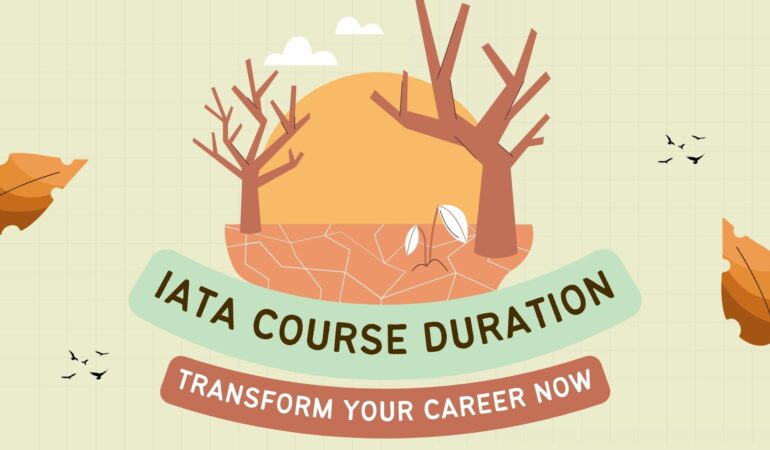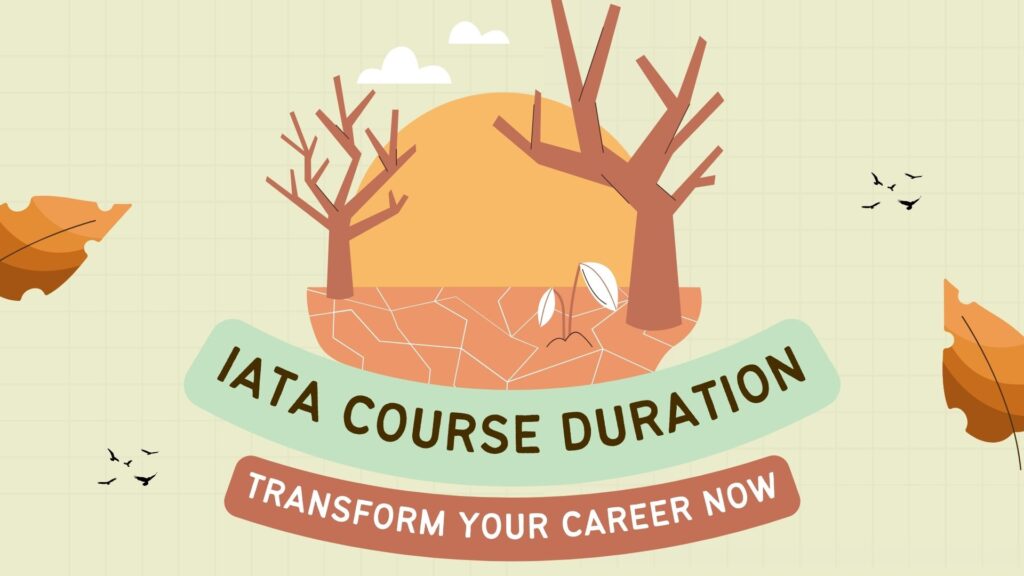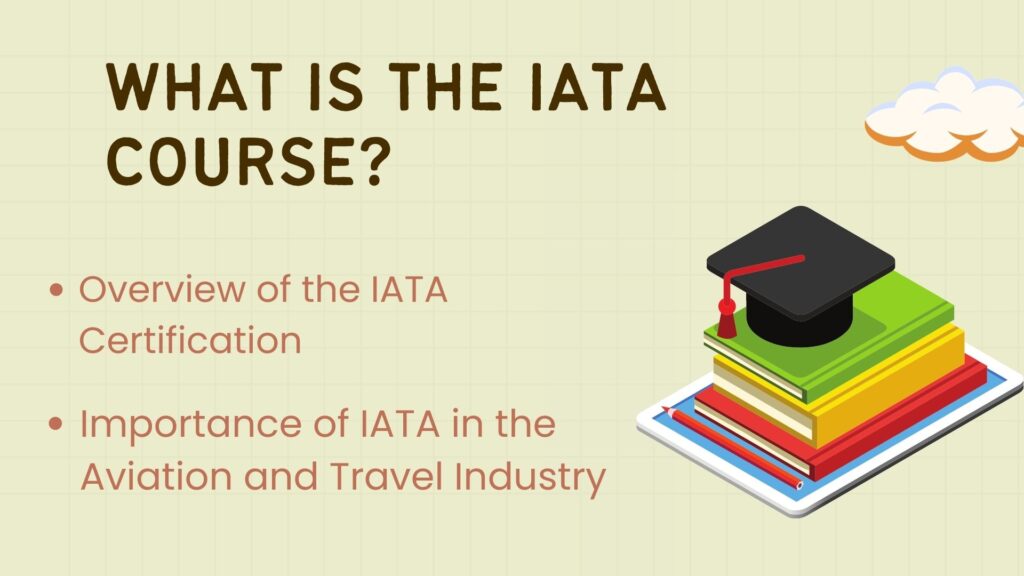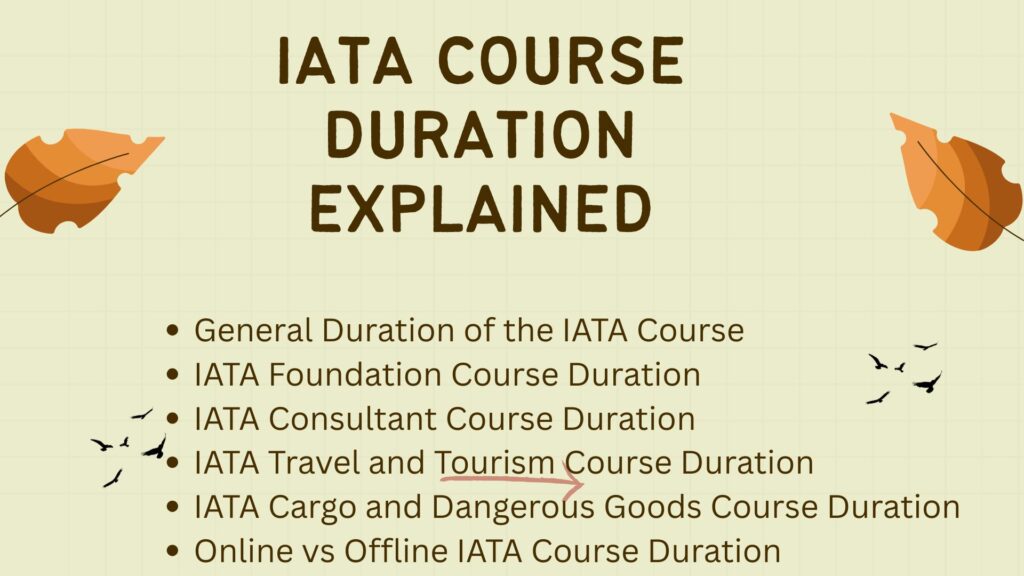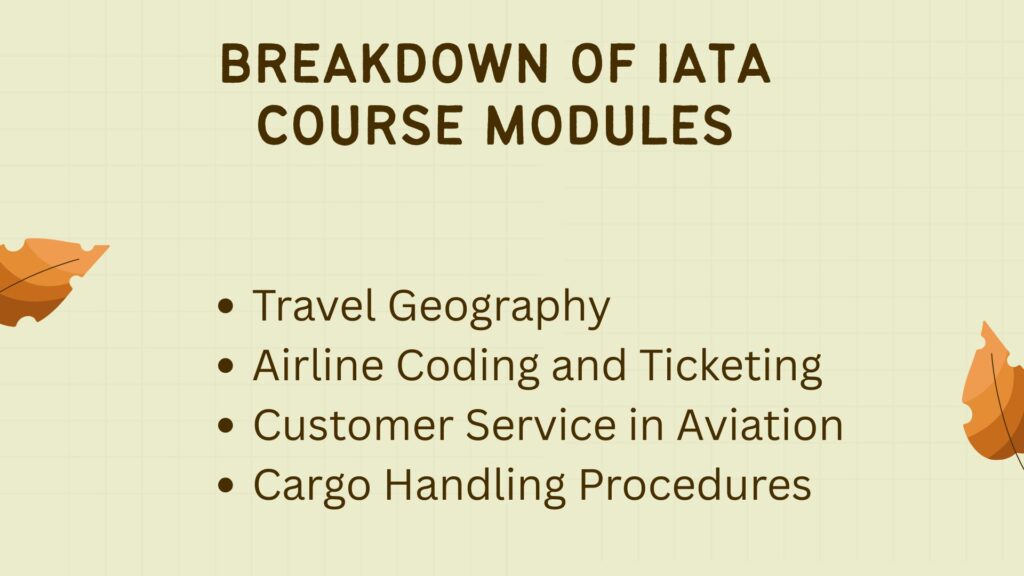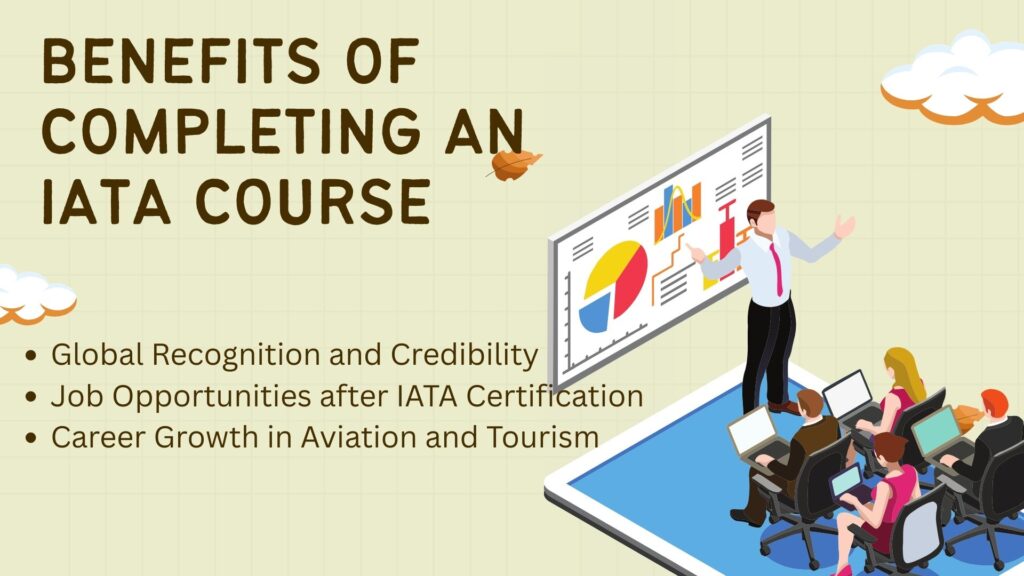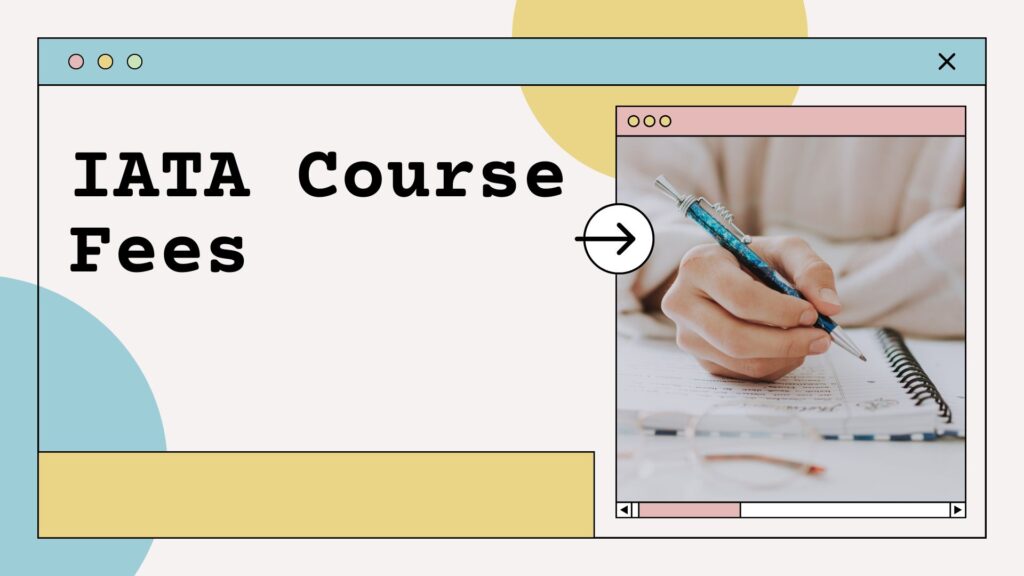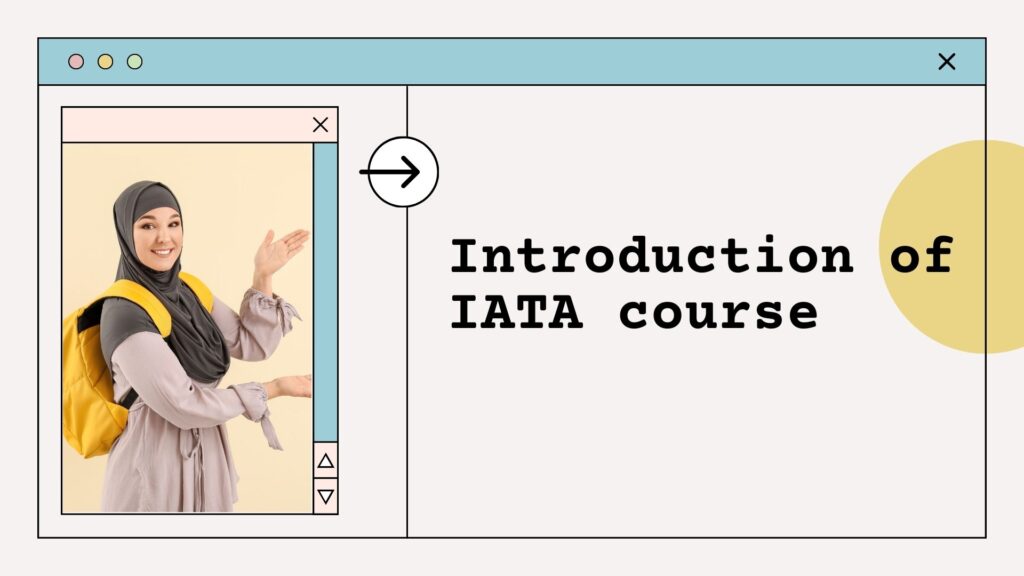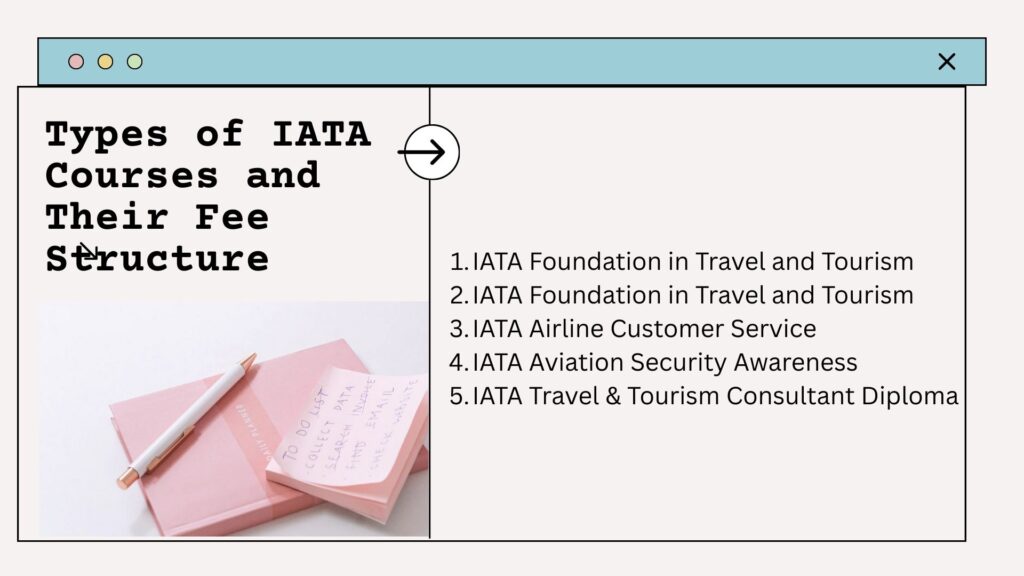What is Payroll Processing in HR: 7 Powerful Facts You Must Know
What is Payroll Processing in HR: 7 Powerful Facts You Must Know
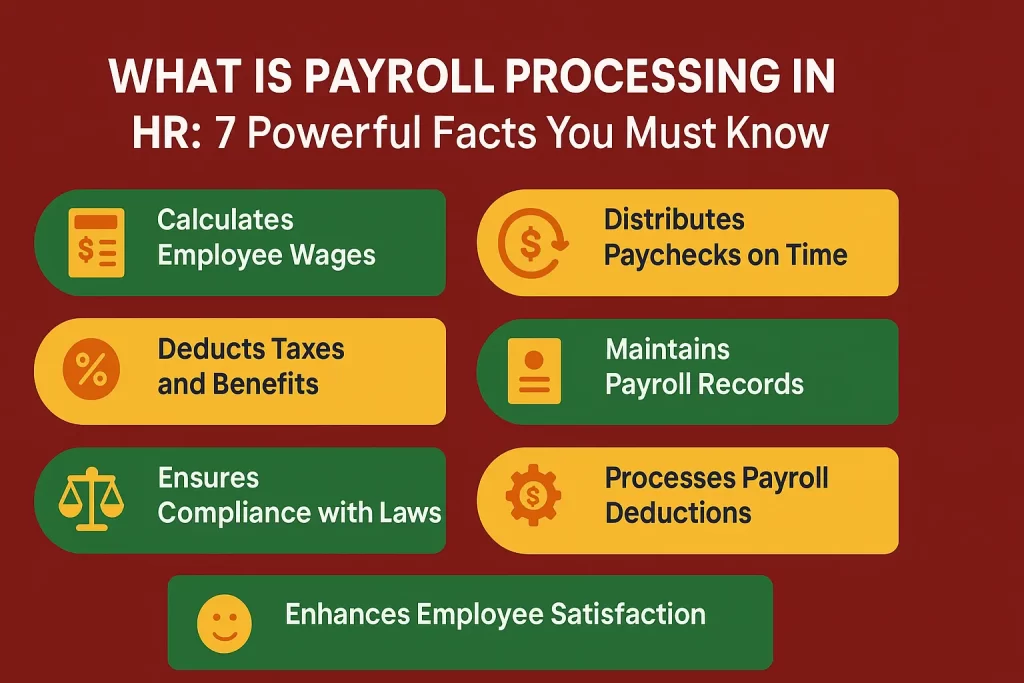

Table of Contents
What is Payroll Processing in HR?
Understanding what is payroll processing in hr is crucial for anyone pursuing a career in Human Resources. Payroll processing involves calculating employee salaries, tax deductions, benefits, bonuses, and ensuring employees are paid correctly and on time.
Why Understanding What is Payroll Processing in HR is Crucial
Companies depend on accurate payroll to maintain employee trust. Knowing what is payroll processing in hr ensures you follow legal and financial obligations properly, avoiding penalties and boosting organizational efficiency.
Components Included in What is Payroll Processing in HR
When discussing what is payroll processing in hr, it’s important to know the components:
Salary structure
Attendance and leave records
Tax deductions (TDS, PF, ESI)
Bonus and incentives
Final settlements
Each of these components is integral to understanding what is payroll processing in hr.
The Step-by-Step Guide on What is Payroll Processing in HR
A major part of mastering what is payroll processing in hr is following a step-by-step approach:
Gathering employee information
Calculating gross salary
Deducting taxes and contributions
Disbursing salaries
Generating payroll reports
By understanding these steps, you get a full grasp of what is payroll processing in hr.
Important Documents Needed for What is Payrolls Processing in HR
When learning payroll processing in hr, know that documentation is critical. These include:
Offer letters
Employment contracts
Timesheets
Salary revision letters
Resignation letters
Documents ensure transparency and accuracy when implementing what is payroll processing in hr.
Common Challenges Faced While Managing What is Payrolls Processing in HR
Understanding payroll processing in hr also means recognizing the challenges:
Frequent changes in tax laws
Manual calculation errors
Incomplete employee data
Delayed salary payments
These challenges emphasize the need to master what is payroll processing in hr efficiently.
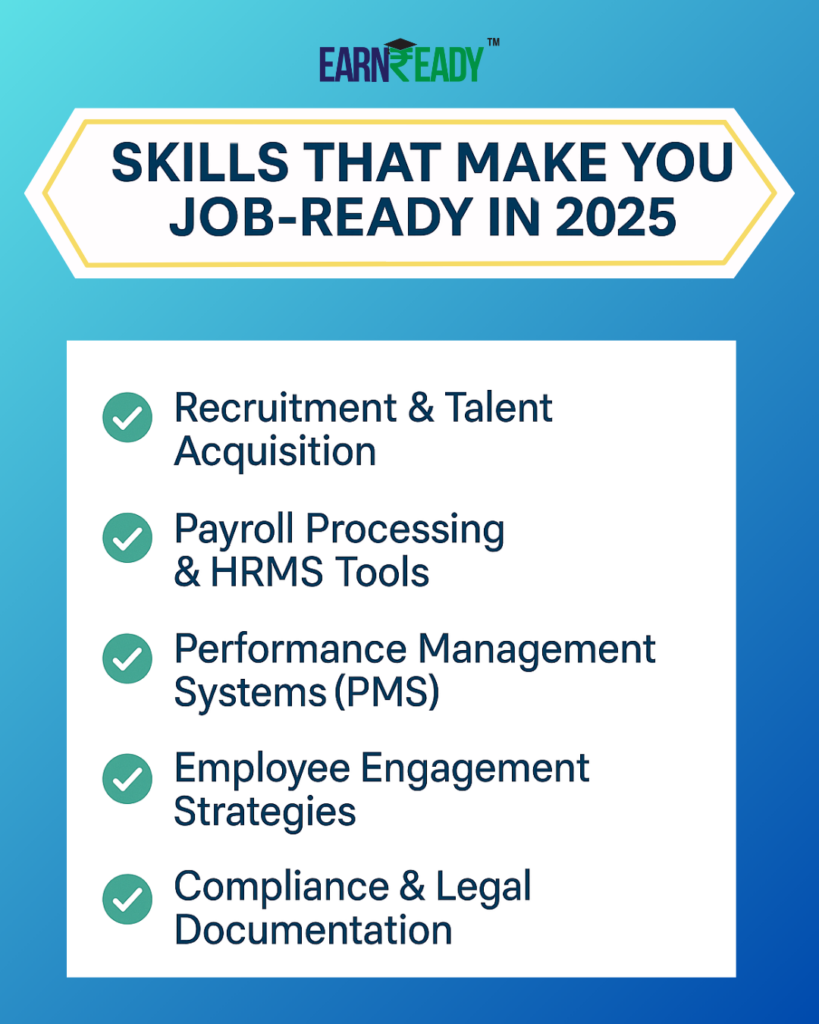
Benefits of Learning What is Payrolls Processing in HR
Those who deeply understand what is payroll processing enjoy benefits like:
Enhanced career prospects
Better organizational reputation
Higher employee satisfaction
Reduced legal risks
Mastering the payroll processing in hr can dramatically uplift an HR career.
The Role of Software in What is Payrolls Processing in HR
Technology plays a big role in simplifying payroll processing in hr:
Automating salary calculations
Generating statutory reports
Managing employee data digitally
Reducing manual errors
Software solutions make mastering what is payroll processing in hr easier and more reliable.
The Legal Importance of What is Payrolls Processing in HR
Every HR professional must understand the legal obligations tied to payroll processing in hr:
Compliance with labor laws
Timely tax filing
Generating government-mandated reports
Ensuring employee rights are protected
Failing to comply with the rules related to what is payroll processing in hr can result in heavy penalties.
The Future Trends in What is Payrolls Processing in HR
Keeping an eye on future trends is vital when studying payroll processing in hr:
Cloud-based payroll systems
AI-driven payroll automation
Real-time salary processing
Advanced security for data protection
Understanding upcoming trends strengthens your knowledge of what is payroll processing in hr.
What is Payrolls Processing in HR for Small Businesses?
Small businesses must also understand what is payroll processing in hr:
Setting up a simple salary structure
Ensuring legal compliance
Using affordable payroll tools
Managing multi-role employees
For startups, knowing what is payroll processing in hr can save time and avoid costly mistakes.
Best Practices for Managing What is Payrolls Processing in HR
Experts recommend these best practices for effective payroll processing in hr:
Timely record updates
Regular audits
Training payroll staff
Using modern software
Following these practices ensures that you manage payroll processing in hr smoothly and efficiently.

Training Courses That Teach What is Payrolls Processing in HR
There are many courses available that teach what is payroll in hr:
Online certifications
Professional workshops
HR diploma programs
Corporate training sessions
Investing in education about payroll processing in hr will boost your HR career prospects significantly.
Industries Where Understanding What is Payrolls Processing in HR is Essential
Mastery of payroll processing in hr is critical across industries like:
IT companies
Manufacturing firms
Retail businesses
Healthcare organizations
Every sector needs experts who know payroll processing in hr thoroughly.
Real-Life Examples of Successful What is Payrolls Processing in HR
Companies that excel at payroll processing in hr see:
Higher employee retention
Minimal compliance issues
Increased productivity
Stronger financial management
Learning from these companies can enhance your own approach to payroll processing in hr.
Key Mistakes to Avoid When Managing What is Payrolls Processing in HR
When you understand payroll processing in hr, you can avoid mistakes like:
Incorrect tax calculations
Missing payment deadlines
Mishandling employee records
Failing to communicate changes
Avoiding these errors ensures flawless payroll processing in hr.
The Impact of COVID-19 on What is Payrolls Processing in HR
COVID-19 changed payroll processing in hr by:
Introducing remote payroll management
Adjusting salary structures
Managing furloughs and layoffs
Enhancing digital payroll processes
Professionals adapted quickly to maintain effective payroll processing in hr.
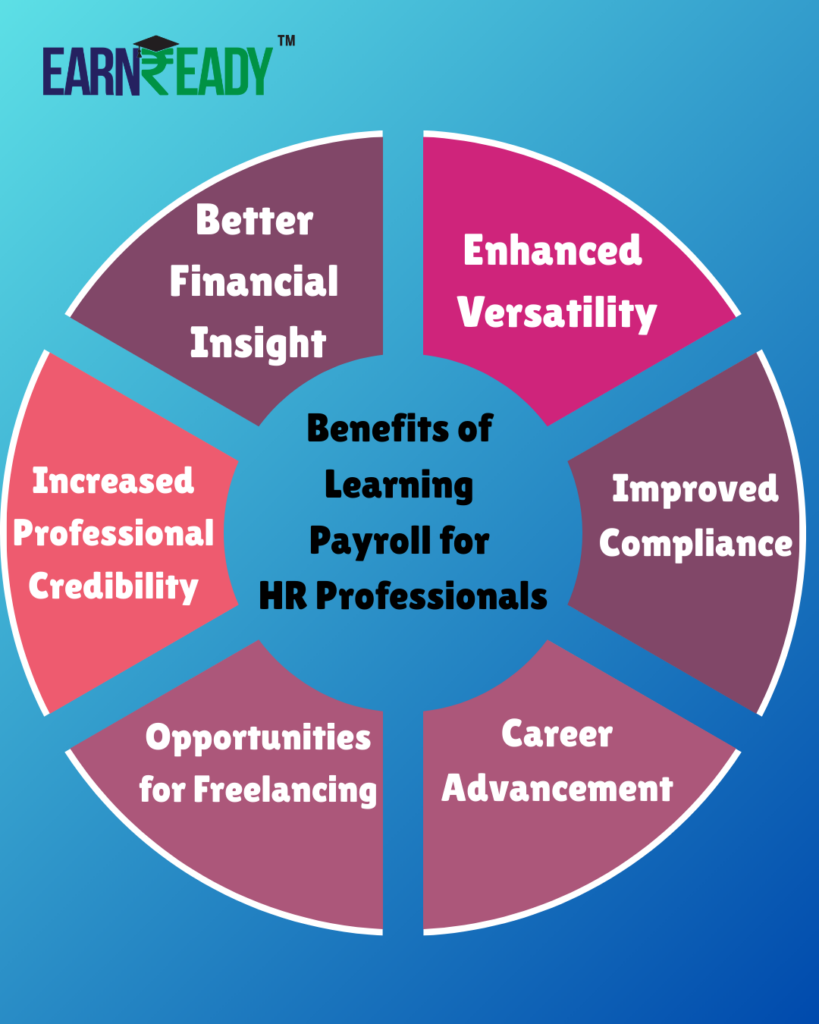
Why Employees Appreciate Smooth What is Payrolls Processing in HR
Employees value organizations that excel at payroll processing in hr because:
They receive accurate and timely salaries
They trust the management more
Their financial planning becomes easier
Prioritizing payroll processing in hr leads to happier employees.
Career Opportunities for Professionals Skilled in What is Payrolls Processing in HR
If you master payroll processing in hr, you can explore roles like:
Payroll Specialist
HR Manager
Compliance Officer
Finance Administrator
Mastery of payroll processing in hr opens up lucrative career paths.
How to Prepare for Interviews About What is Payrolls Processing in HR
When interviewing, expect questions about what is payroll in hr such as:
How would you calculate net pay?
How do you ensure payroll compliance?
Describe a time you fixed a payroll error.
Studying payroll processing in hr thoroughly can help you ace these interviews.

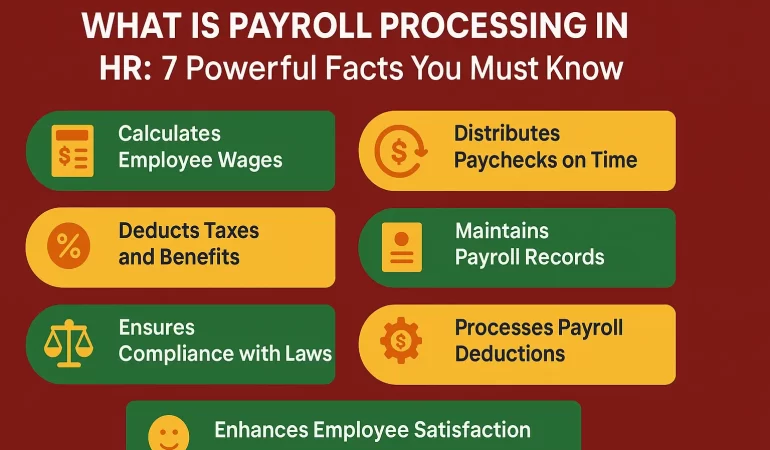
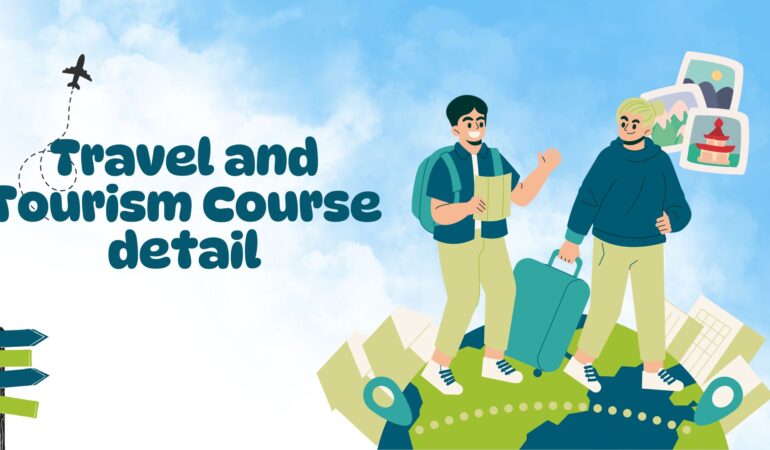
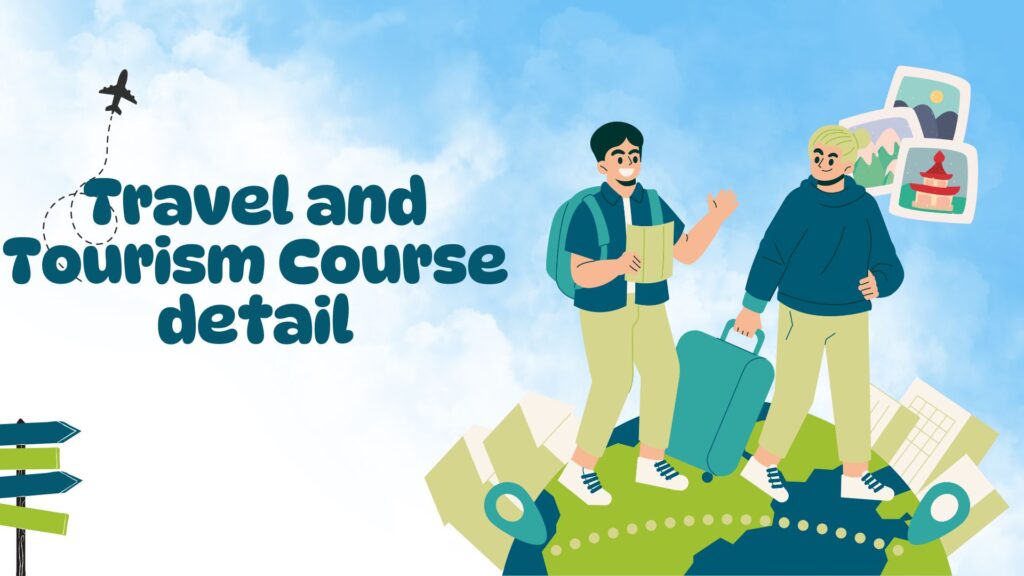
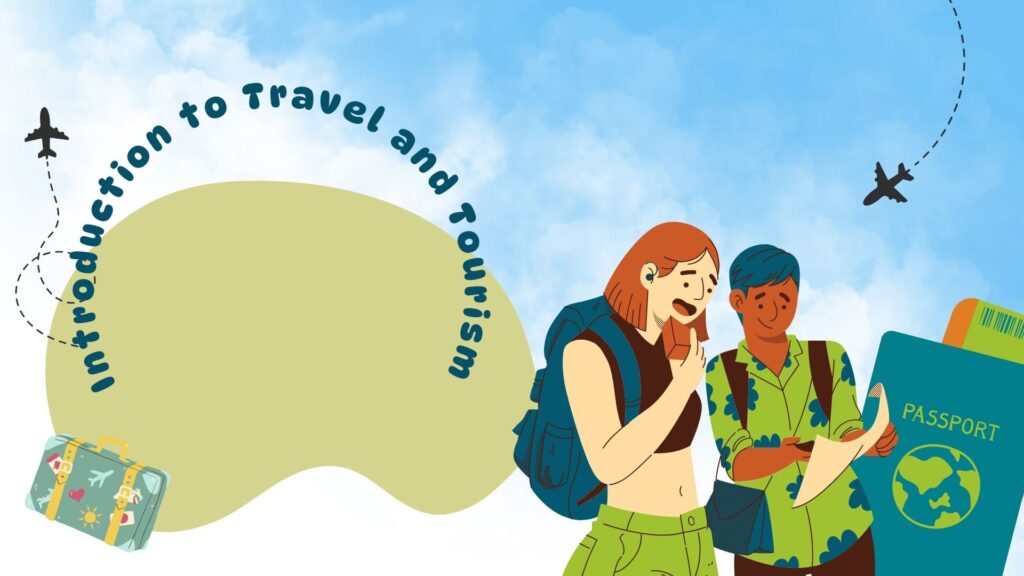
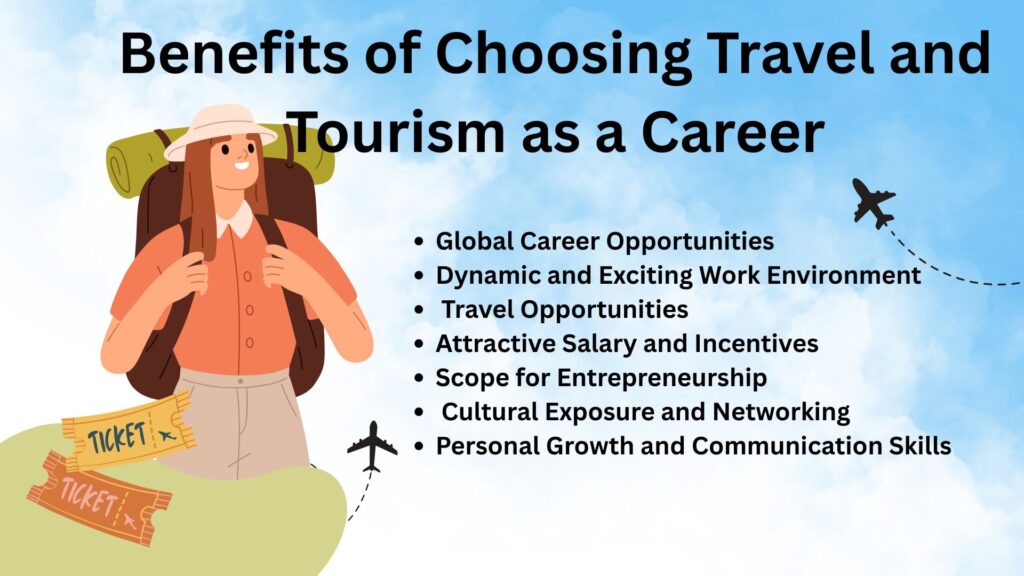
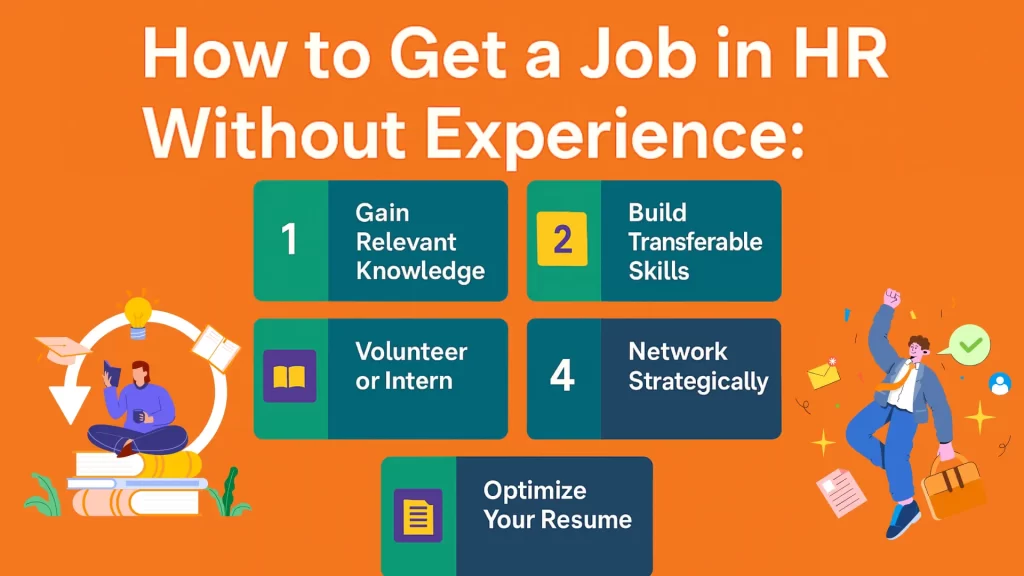

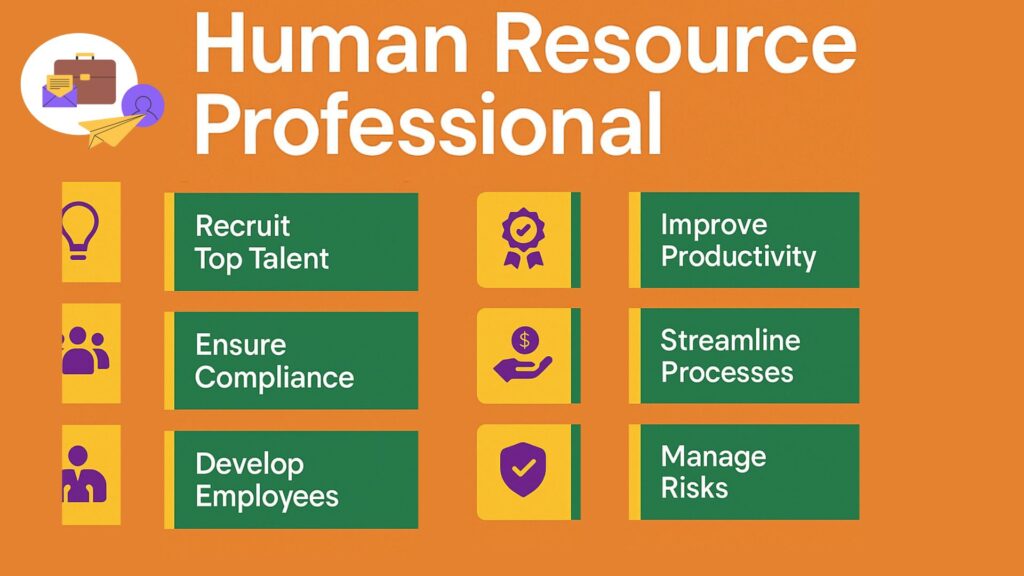



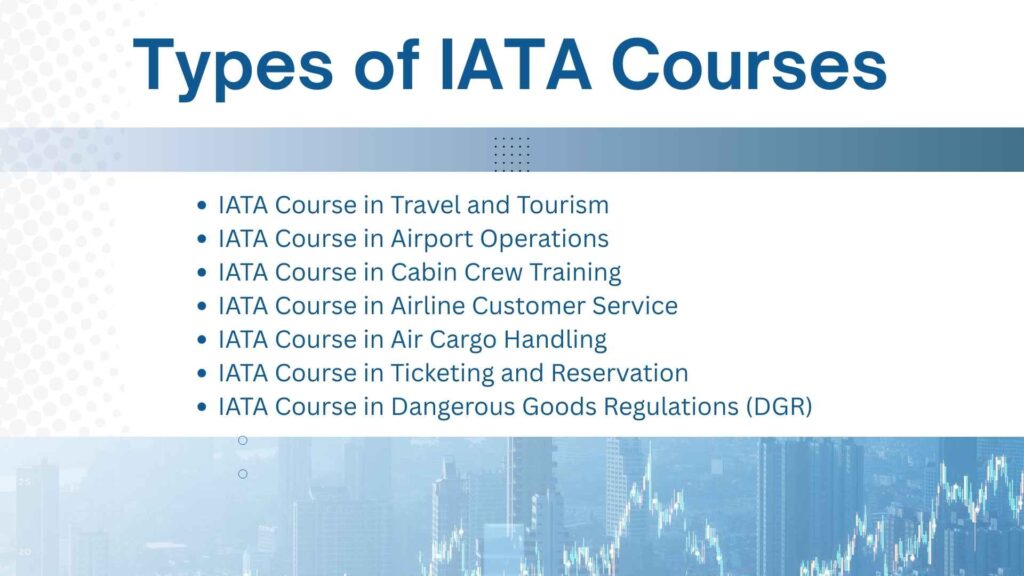

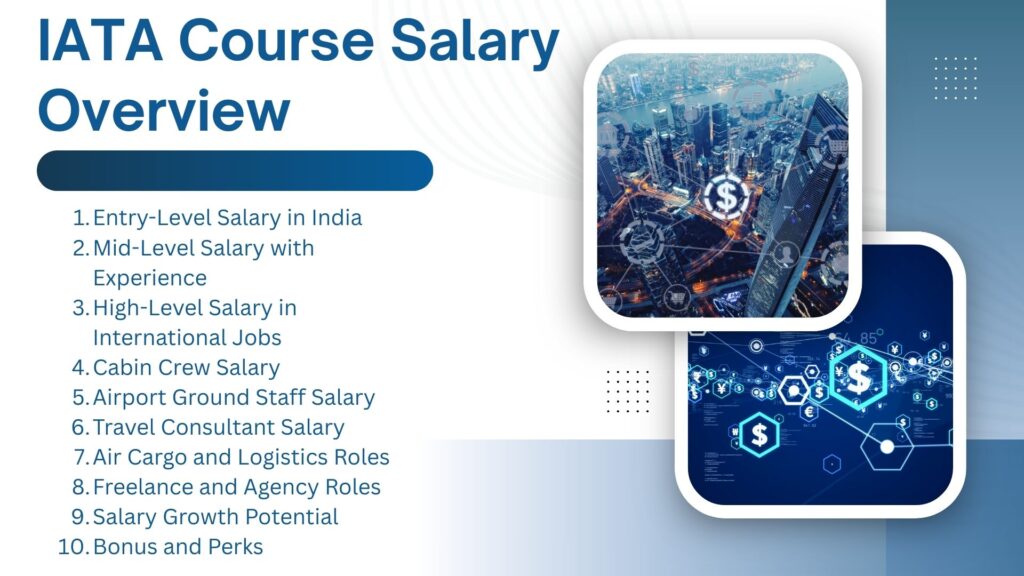

![TDS Job: Master TDS Job in Tally Easily [2025 Success Guide]](https://earnready.com/wp-content/uploads/2025/04/blog-image-28-1024x576.webp)
